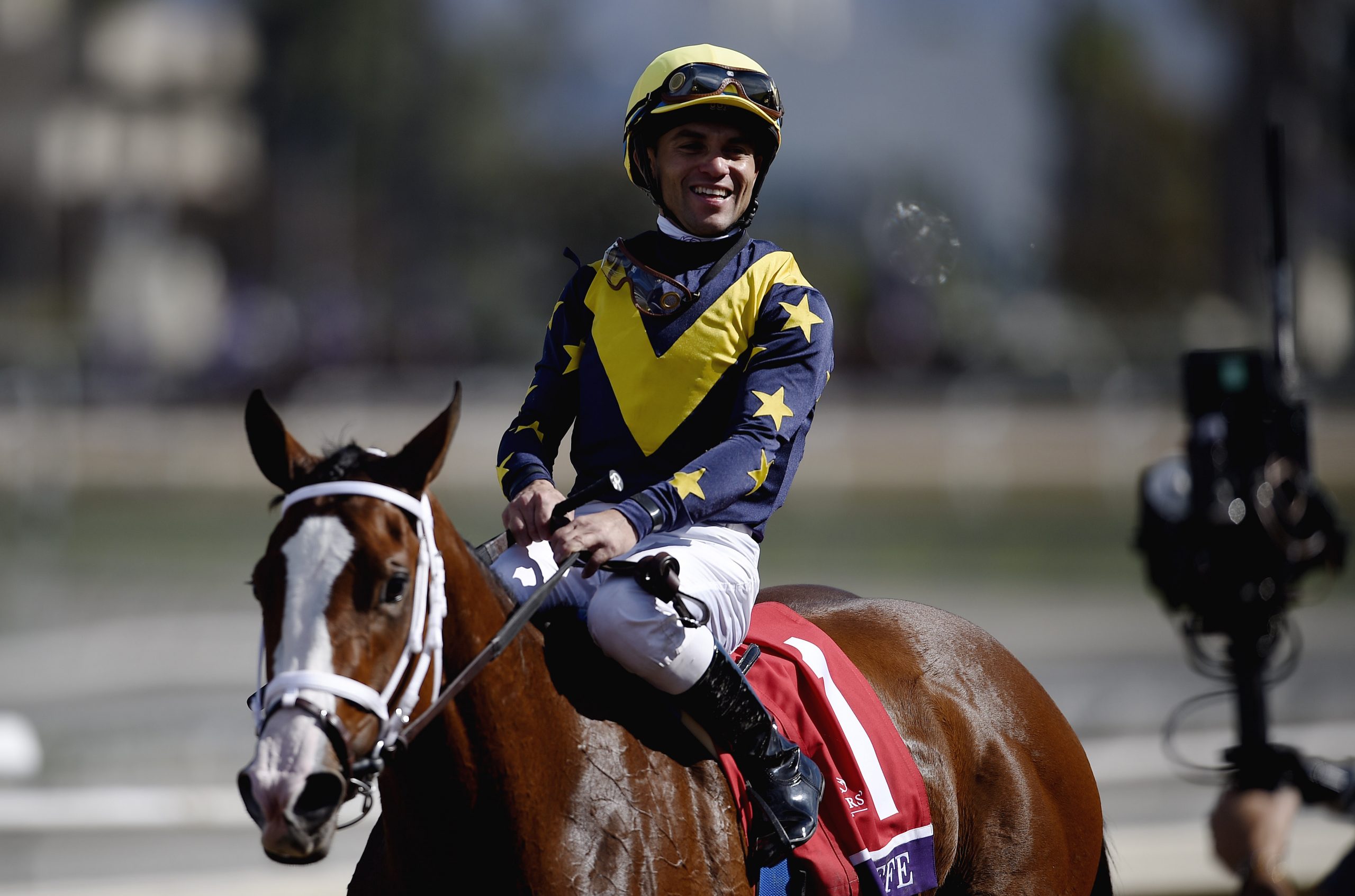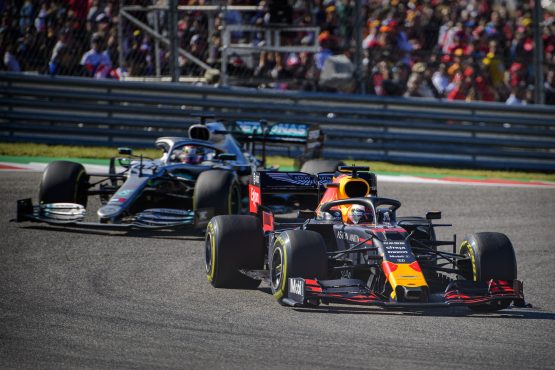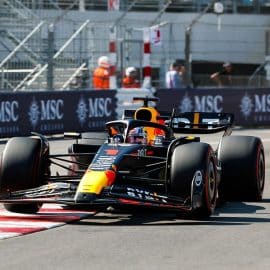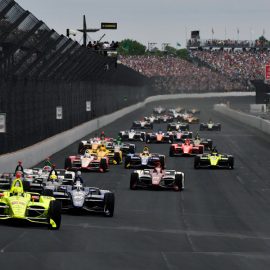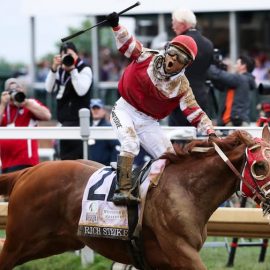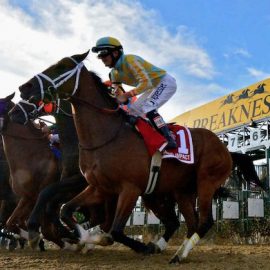The Growth of Horse Racing Around the World.
The second most popular sport in Britain, horse racing, has seen a tenth consecutive year of growth with prize money offered by its governing body, the Jockey Club, increasing by 18.3% in 2018 compared to 2017. The total prize money on offer in 2018 was $36.1 million, up $5.6 million from the previous year.
A 6.7% year on year increase in revenue for the Jockey Club meant a record $286.3 million in 2018, up from $268.1 million in 2017. Simultaneously, the annual turnover from off-course betting on horse racing in Britain was worth $5.6 billion in 2019. This has meant that there are a serious number of bookmakers entering the space now, British Racecourses have an up to date list of all bookmakers.
Of course, it’s not only Britain where horse racing is held in high esteem. The popularity around the world is evident in the amount of money it generates. Global prize money is almost $3.5 billion a year, and the world’s betting industry generates a cool $116 billion in revenue annually.
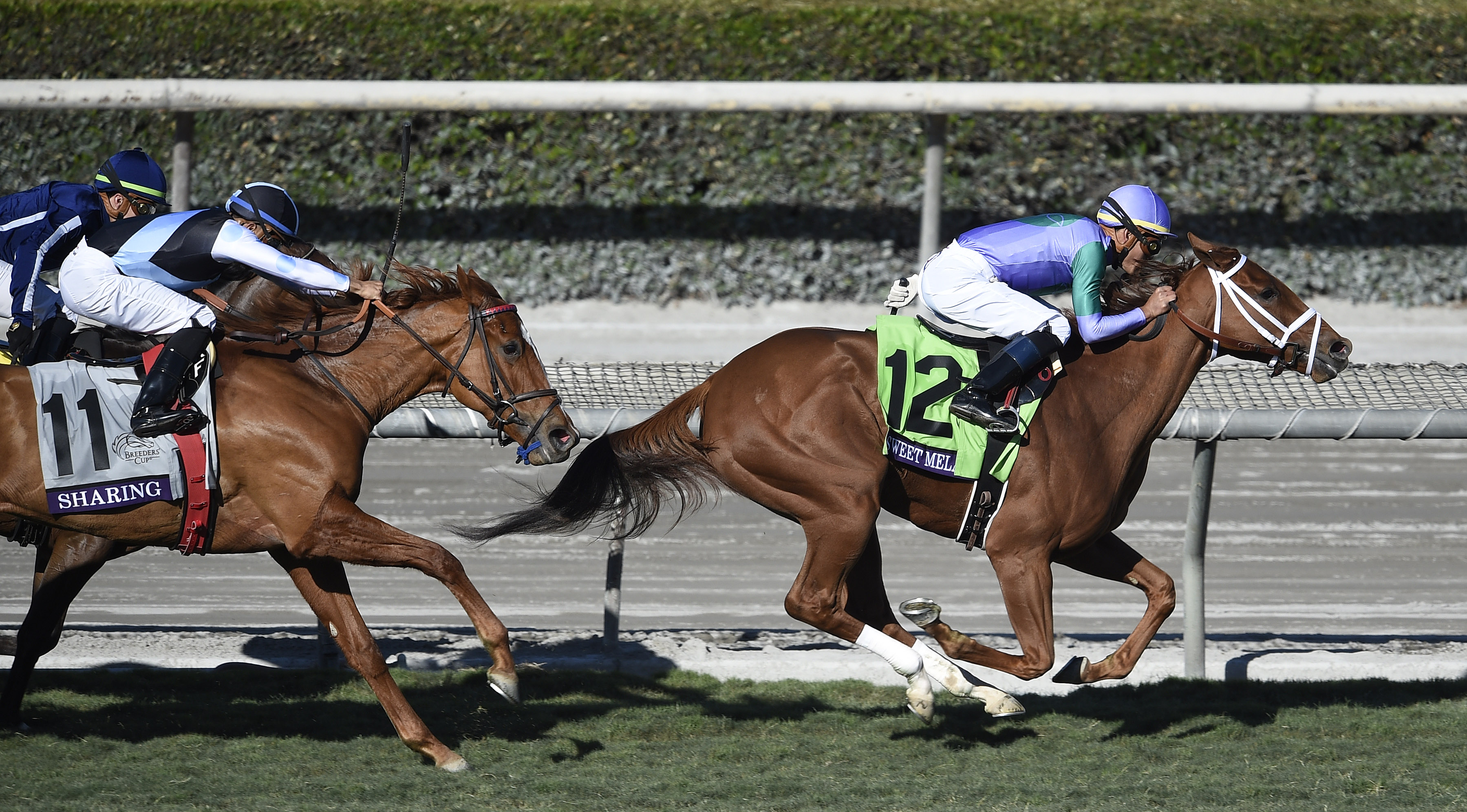
Britain’s Richest Race
The Epsom Derby, worth $2 million in Britain’s richest race, with the winner taking home a handsome $1.1 million. Entrance to the most illustrious of Britains horse races is not entirely straightforward. An initial $750 is enough to see you get yourself past the first stage, which incidentally begins around eighteen months before the race is even run. At this point, those paying the small fee will be doing so for horses that have not even been named or galloped.
When those initial four hundred or so horses who paid the fee reach the age of three, which will be in March in the year of the Derby itself, they will be whittled down to around one hundred and twenty. The owners have to pay a further $1,400. A window of opportunity is opened in early April for owners who feel their horse has Derby prospects but didn’t enter at the first stage eighteen months previous. Around ten horses pay $12,000 for this privilege.
The number of horses reduces even further in May when those who paid the fee as a yearling from the beginning and those paid in April have to part with another $4,500 and $15,000 respectively if they wish to remain in the race. At this point, horses are reduced to around twenty-five.
Those remaining horses will have their entries confirmed at a cost of $3,700 when the field is reduced to around fifteen at this stage. There is one final opportunity to enter the race at this stage but at the cost of $113,000, a fee that could be recouped by finishing fourth in Britain’s richest horse race.
The Pegasus World Cup
Ran on the dirt over a distance of nine furlongs, the Pegasus World Cup has seen a few changes in terms of prize money and entrance fees since its inaugural running in 2017 when a purse of $12 million was on offer with an entrance fee of $1 million. The fee remained the same the following year, but the purse rose to $16 million, surpassing the Dubai World Cup as the world’s richest race at the time.
Entrance fees in 2019 were halved to $500,000, but this was met with a considerable drop in prize money, which fell to $9 million. The latest running of the Pegasus World Cup in 2020 saw horses entering for free to compete for a $3 million purse.
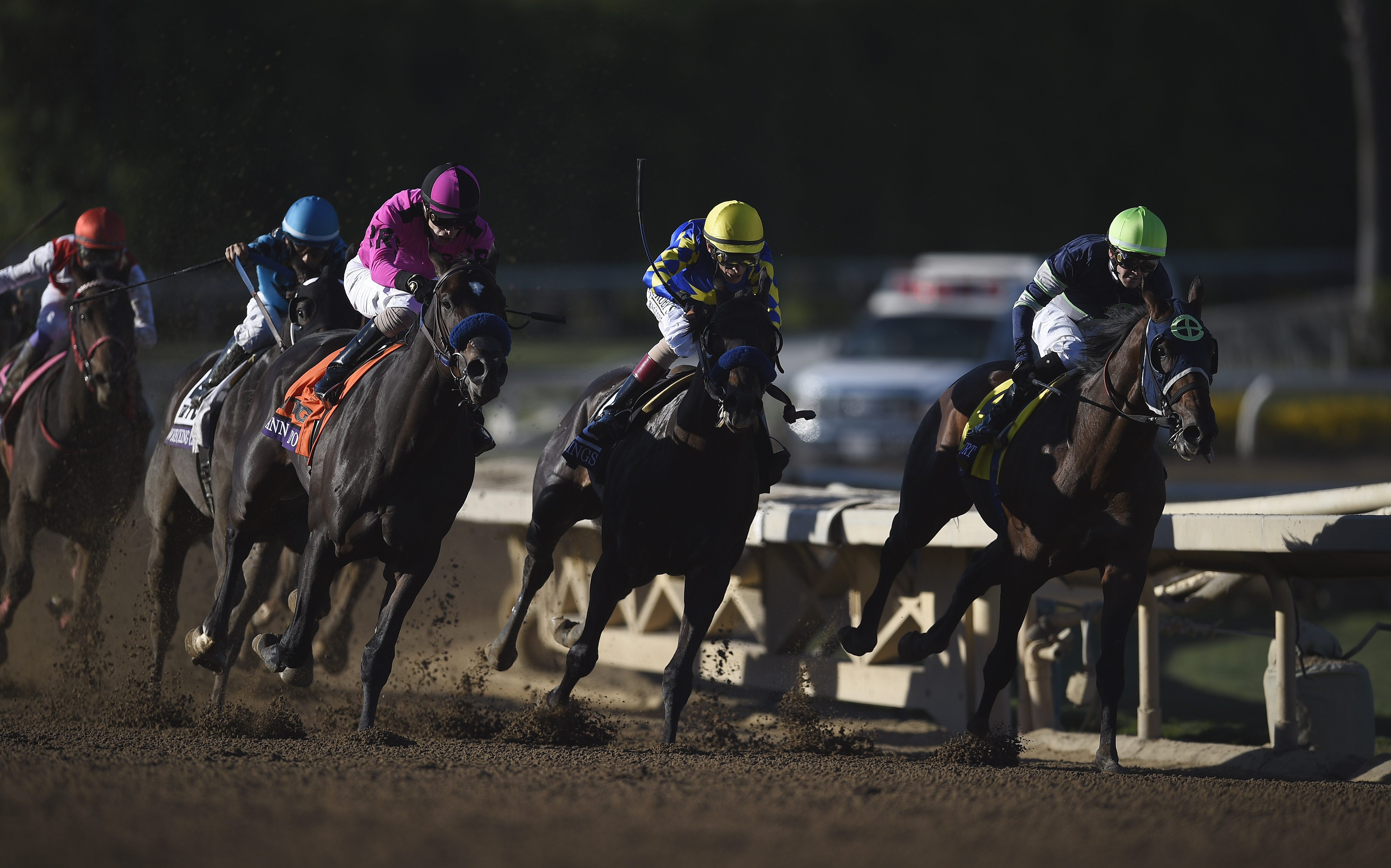
The Grand National
Considered the most unpredictable horse race globally, the Grand National is a national hunt race ran every April at Aintree, in England. Ran over a grueling four miles two furlongs with sixteen challenging fences to contend with, fourteen of them twice, the race is a popular event all around the world with a global TV audience exceeding six hundred million.
Its excitement and popularity are matched by the cool $1.3 million purse on offer, with a tasty $748,000 going the winner’s way. Prize money for this most challenging of races is shared out so that horses who finish in the first ten will receive prize money. To have a chance of winning any of the prizes on offer and getting yourself in the pages of racing history, a fee of between $1,200 and $2,100 is needed to enter the race.
Prize money aside, the Grand National attracts a huge amount of money from punters also. Nearly $400 million are punted on the race every year, with almost half the Uk population having a flutter on the result, a third of them women.
The Breeders Cup Classic
Part of the Breeders Cup Championships, the Breeders Cup Classic is run on dirt over one and a quarter miles. Taking place in late October or early November, and unlike the Epsom Derby that always takes place at the same venue, it is held over different racetracks every year.
First taking place in 1984 and won by Wild Again under Pat Day and with a purse of $3 million, the 2020 running of the race came complete with prize money totaling $6 million, which would have pleased the owner of Authentic who went past the finishing post at Keeneland Racetrack in first place.
A two-dollar wager on Authentic would have seen punters walk away with $10.40, an amount that pales into insignificance compared to the $269.20 that would have been awarded to any backer that chanced the same amount on Arcangues in 1993. The underdog created the biggest upset and payout in Breeders cup history.
Conclusion
Anyone looking at the figures mentioned in reference to prize money would think horse racing is a sport only accessible to the privileged few. They would be very mistaken. You’re just as likely to see the guy from KFC serving you a chicken sizzle turn up at Epsom or Gulfstream Park as you are a member of the royal family or the Whitehouse.
Add The Sports Daily to your Google News Feed!
